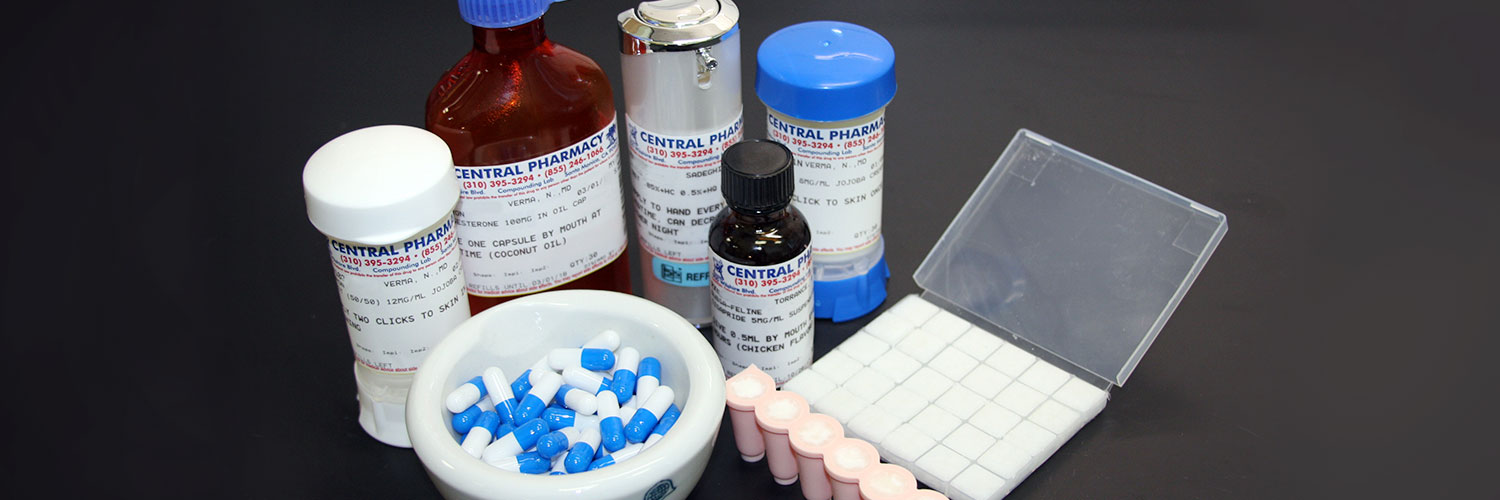
Medicine compounding is a service provided by several specialized pharmacies. A compounding pharmacy carries out the process of preparing a unique blend of medicine for a specific patient. This process is carried out when a patient’s body does not accept or reacts negatively to an over the counter prescription medicine. Compounded medication can be created for many reasons including:
- Allergy to a certain ingredient present in the drug
- Doses of a specific medication not available
- Alternate forms of a medicine e.g. pills, powder, liquid, drops, etc.
- Adding a flavoring to make a certain medicine easier to consume
At a point in time, all medications were compounded medicines as they were all were founded by chemists specific to the patient’s requirements. However, after the introduction of mass drug manufacturing, there are now only a few pharmacies left that practice this technique. There are many benefits of medicine compounding:
Access to Medications that have been Discontinued:
When mass-producing manufacturers cease the production of certain medicines, it becomes difficult for patients who require those drugs to fill their prescriptions. Compounding pharmacies play a crucial role in assisting those patients to gain access to the ingredients of those medications to guarantee fulfilling their critical care requirements. In today’s modern world compounding pharmacies have access to the latest research and can fill the unique prescriptions using the highest quality of ingredients, newest techniques, and best quality control methods.
Allergy-Friendly Medicines:
Being allergic to certain ingredients in the widely available drug or having an intolerance to dyes, gluten, lactose, alcohol, or preservatives can cause negative reactions to a patient when they consume medications including these ingredients. Compounding pharmacists formulate such medications and exclude ingredients that will cause harm to the specific patient. making the medicine specifically tailored to the person’s needs and allowing the patient to receive the proper care.
Making Medicines Easy to Use:
For some patients the difficulty to consume a medicine because of its unlikeable flavor. this problem can arise mainly when the patient is a child, an elderly patient or even a pet who refuses to take medicine when the flavor offends them. Pharmacists can then formulate that specific drug with the flavor of the patient’s liking making it easier for them to consume the drug.
Alternative Dosage Forms:
At times, patients might require their medicines in a specific dosage form. E.g.: patients who find it difficult to swallow a pill might need to take their medication in a liquid form, or a patient who requires the gel or cream version of a drug allowing it to absorb directly into the bloodstream through the skin. In instances like these compounding pharmacies hold the knowledge and technique to prepare that specific medicine catered to the specialized needs of the patient.
At the end of the day when it comes to compounding medicines, the pharmacy must meet the specific needs of their unique patients and allow the patients to receive the critical care they require. Compounding medications can serve the needs of patients when mass-produced medicines are not fulfilling the requirements.
